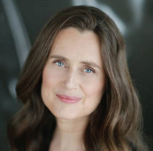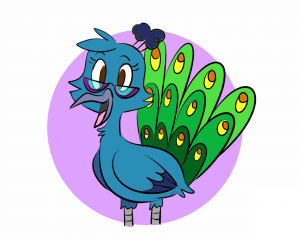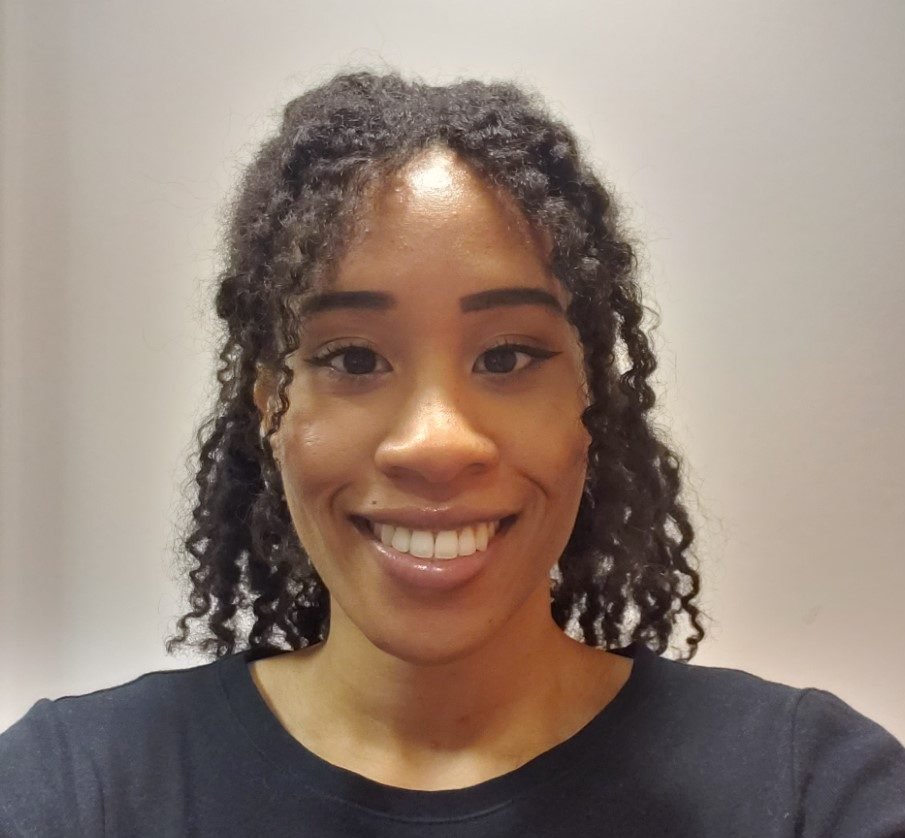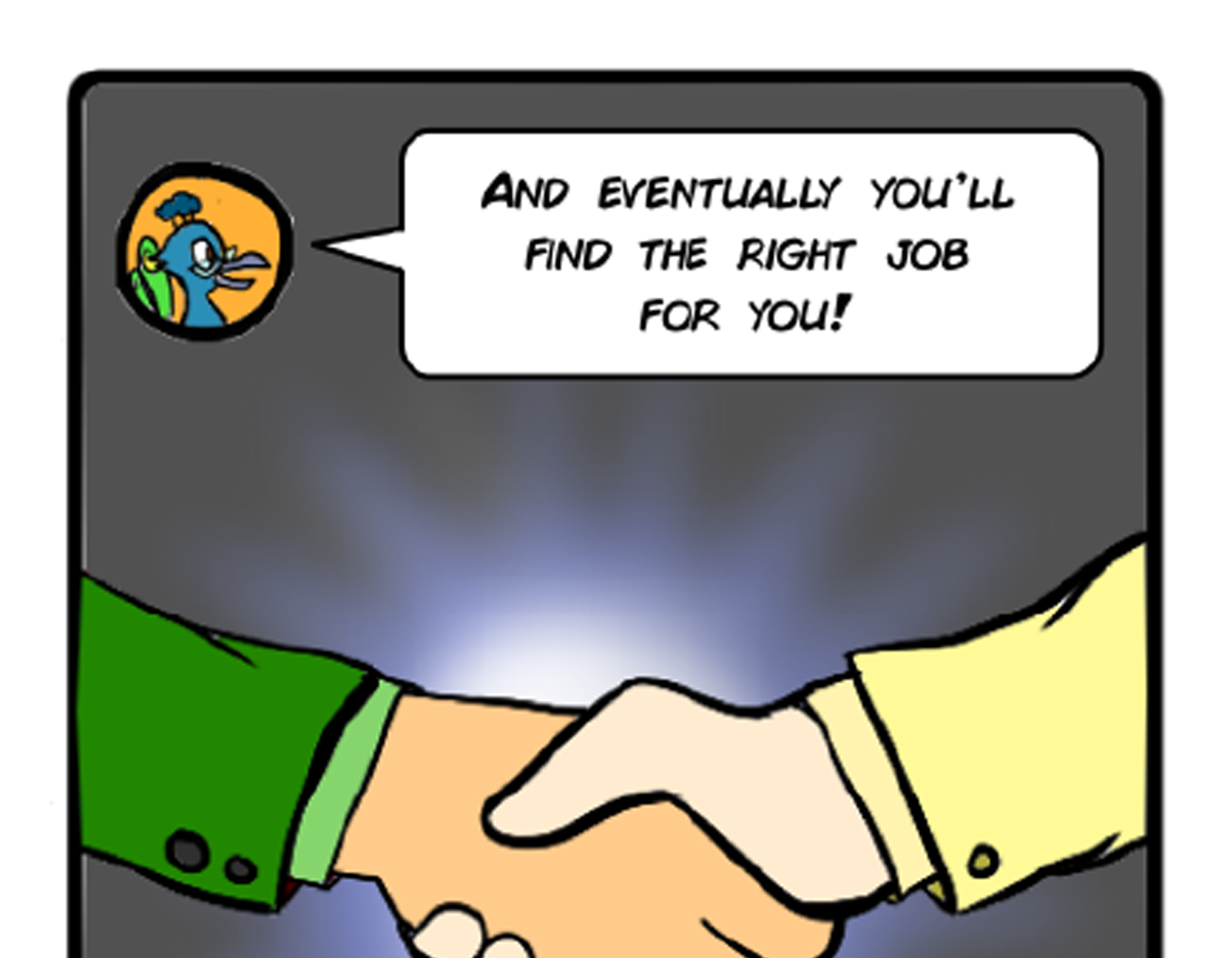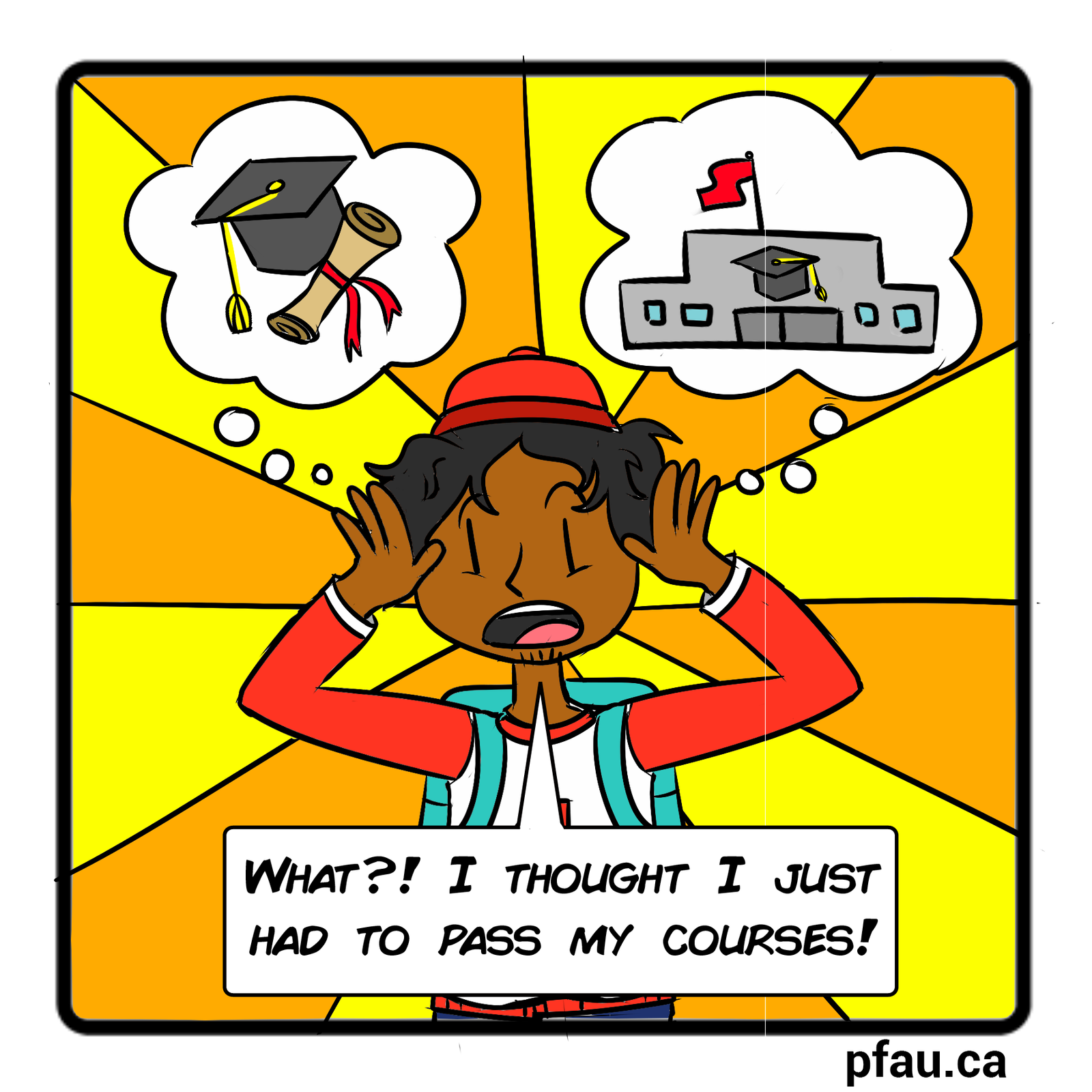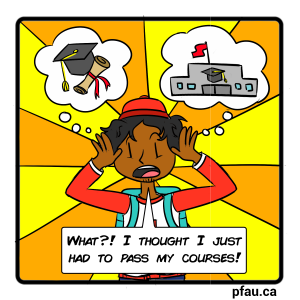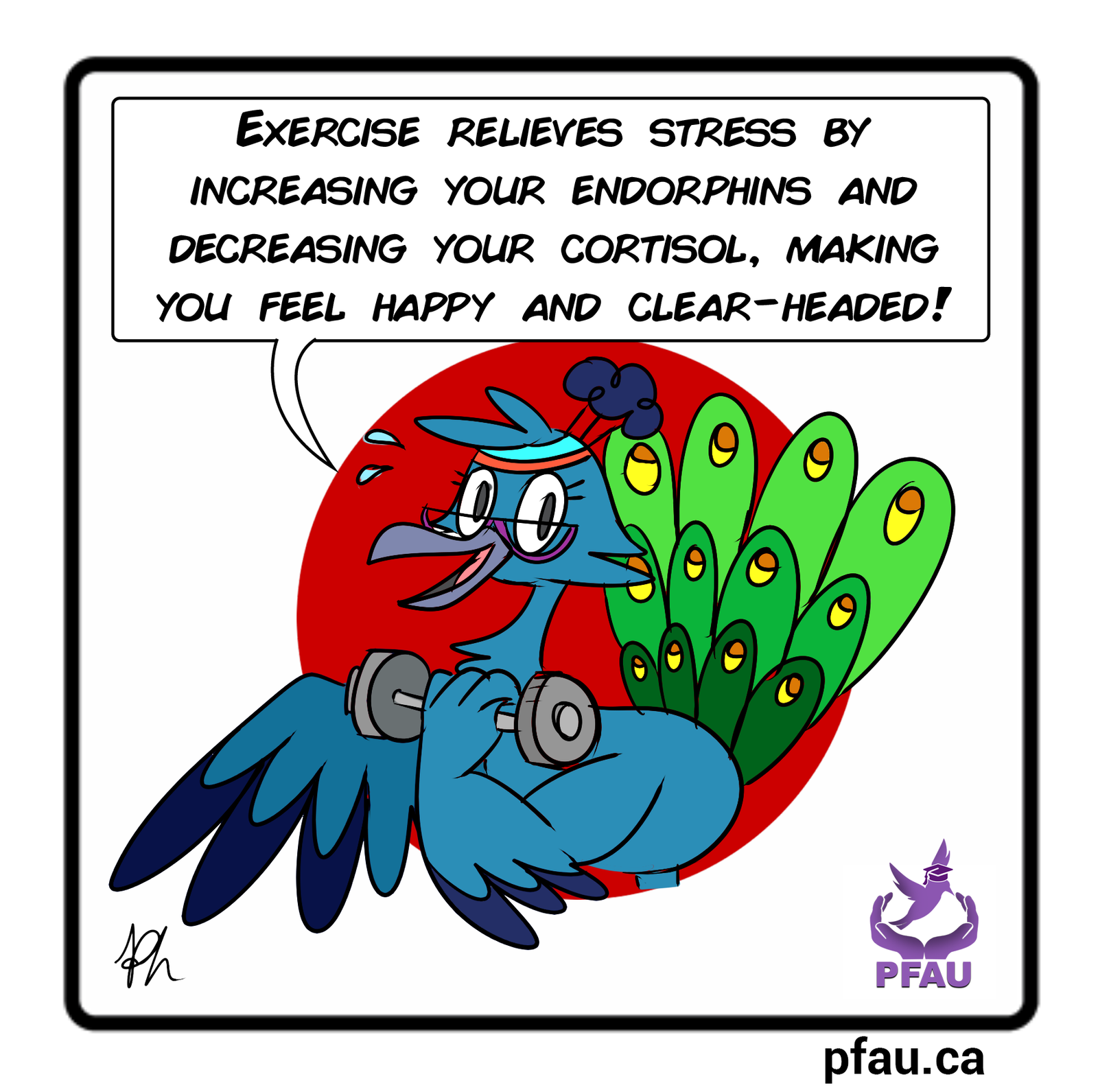Catherine Steele is a pronunciation coach, accent reduction specialist, and owner of English Pronunciation of Success. We discussed the importance of clear communication in professional and academic environments. For students whose first language is not English, clear communication can be a barrier to getting those great ideas across.

Catherine Steele has a Bachelor’s of Education and TESOL certificate specializing in Languages, Literature and Linguistics. She has travelled extensively, won speaking and training awards, and provided language support to Canada Immigration Settlement, the University of British Columbia, and over 7000 clients around the world.
_
Why do you think proper pronunciation is so important?
_
It has an immediate impact. It doesn’t matter how strong a person’s speaking ability is, their grammar, their vocabulary choices, their education, if the listener doesn’t understand, or even worse if the listener fears I’m going to be giving a presentation for nursing. One of the biggest fears in nursing engineering, accounting, science, is numbers. If I don’t understand the way you express your numbers, I will doubt safety. In English, any change in tone is important. Any change in tone means something’s wrong and is understood as the person being angry and not liking the person that speaking, or the person that was listening. So you have to be very aware of tone.
_
What are some words that people often mispronounce?
_
Yeah, there are a lot. Focus is dangerous and we use it a lot, it ends up sounding like fuck us and it’s because of our O’s. We have eight different O’s and most languages have maybe one or two. So the letter O in spelling can get you into big trouble. That’s something I would encourage people to look into if they can. L and R and D and TH so most languages don’t have TH. Most people are making an R that sounds to us like a D and that gets in the way hugely.
_
How can they practice, for vowel sounds specifically?
_
Three affirmations that relate to the 8 different O sounds are:
“I’ve already proven myself.” One O sound.
“I’m good at this.” Another O sound.
“I’m going to be the top person in the world in my field.” Four other O sounds.
_
Catherine’s Book Recommendations
_
Pronunciation Pairs by Ann Baker and Sharon Goldstein
Clear Speech by Judy B. Gilbert
Phrase by Phrase by Marsha Chan
The 5 Love Languages is by Dr. Gary Chapman
_
Thank you, Catherine, for sharing the excellent advice with us and our readers!
_
Missed the podcast? Listen here:
_
_
For more advice about professional development and writing, check out our weekly podcast or subscribe to our monthly newsletter.
_
To get more help with your assignments, book a 20 minute discovery session with us and start your journey to reaching your full potential on the page, and in life.
Both the written, visual, audio and audiovisual content of this post has been created by and is the intellectual property of Lisa Pfau and PFAU Academic Writing. Please do not replicate any of the above content without our consent. However, please do feel free to share this post and its authorship widely.

